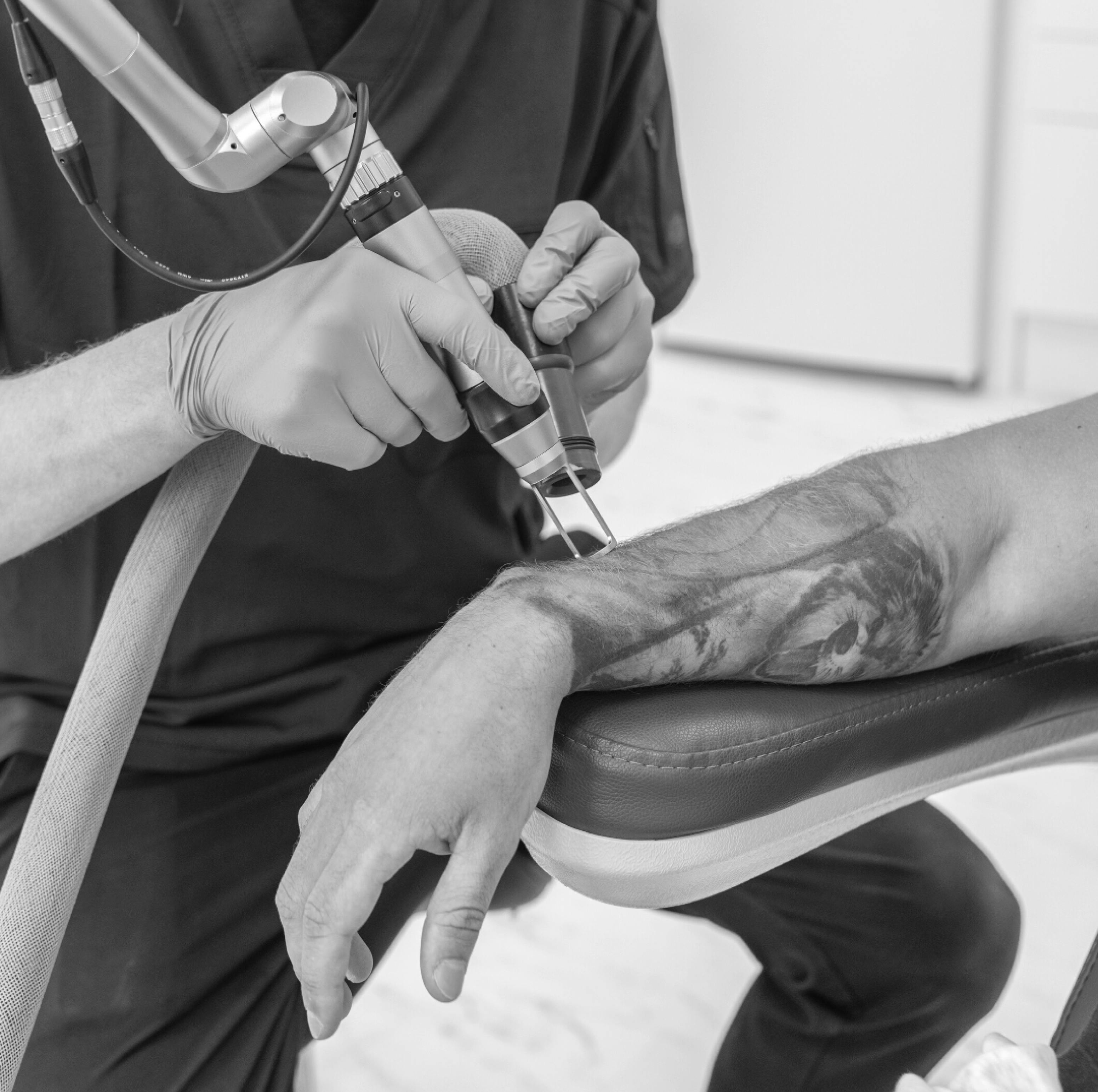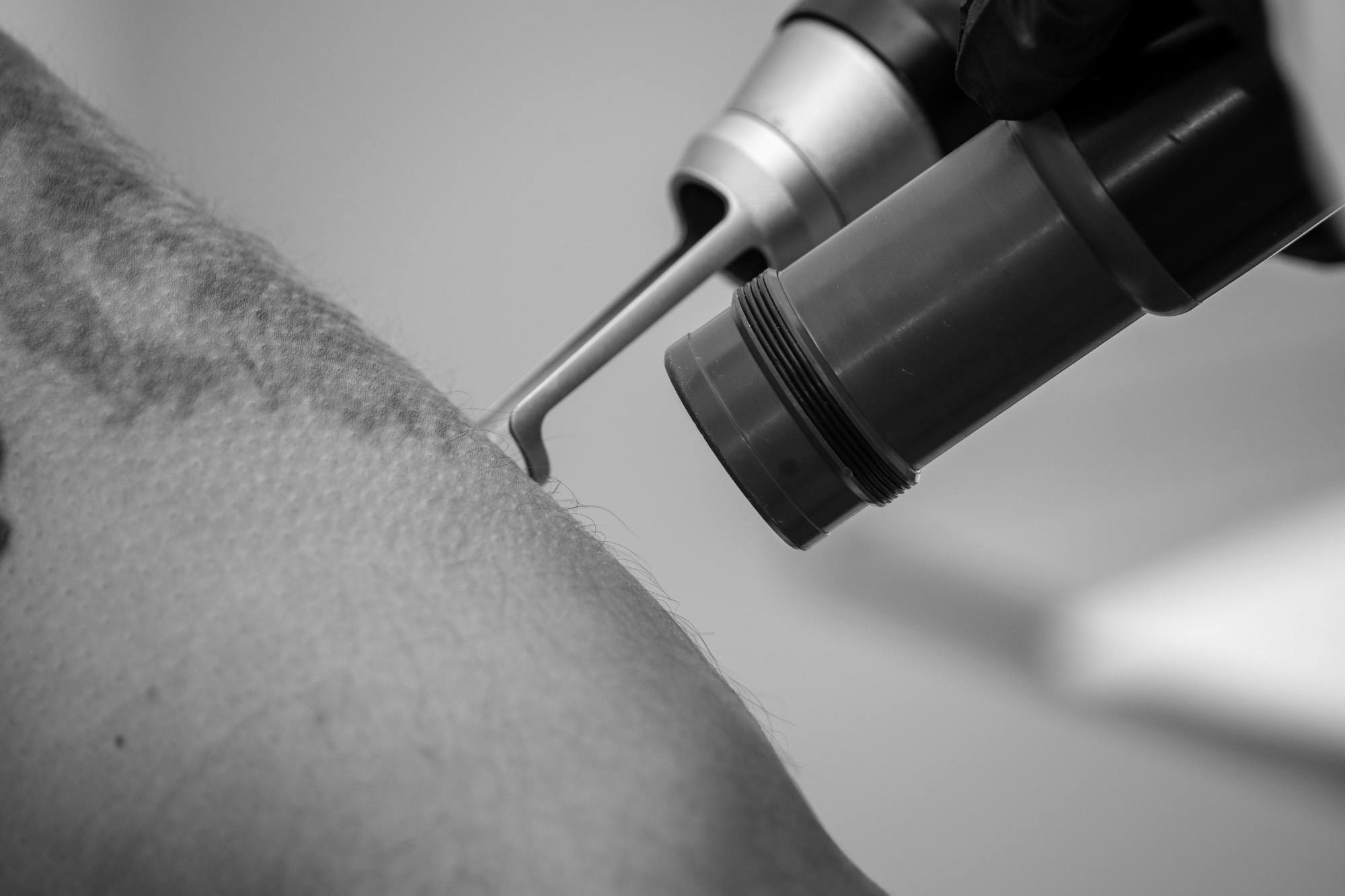
Blogg
How does the immune system react to treatment?
How does the immune system react to treatment?
Laser treatment has a very minimal negative impact on the immune system. What happens is that we break the ink down into smaller particles, which are then carried away by the body's lymphatic system. During this process, the immune system temporarily works harder in conjunction with the lymphatic system and the body’s macrophages (cleaning cells) that consume and transport away the ink.
However, if you have an ongoing inflammation in the body, you should refrain from treatment during the period of illness, especially if you have a generally compromised immune system (due to, for example, chronic inflammation in the body).
What Happens During and After Treatment?
During and immediately after a laser treatment, there may be localized inflammation in the treated area. This is the body's immune system signaling that something is amiss in the treated area, prompting the body to defend itself by sending white blood cells to the area to repair any damaged cells or foreign particles released into the body and skin.
This constitutes a natural part of the body’s normal defense and healing process and should not affect the entire immune system as a whole.
Common Reactions After Treatment
Each individual is different, and everyone responds differently to how the body reacts and defends itself. However, the most common reactions after treatment can include redness, swelling, itching, and tenderness in the treated area. These are temporary reactions and typically resolve within up to 10 days. If the tattoo itches significantly, it is acceptable to purchase antihistamines over the counter at the pharmacy.
What Should I Avoid After Treatment?
You should avoid straining your body with exercise for 2-3 days after treatment, as well as saunas and hot baths. Additionally, it’s essential to avoid public swimming pools for 5 days post-treatment to minimize the risk of infection. Avoid tanning for 4 weeks before and 4 weeks after treatment to prevent treating sunburned or tanned skin, which can put excessive stress on the skin and may lead to pigment changes and an increased risk of blisters. If you are unsure how you will react to the treatment or have other questions or concerns regarding laser removal, feel free to book a consultation!
Flera blogginlägg
- Can you remove a tattoo yourself?
- Do you want to remove a tattoo on your wrist?
- When can you see results on the tattoo after a laser treatment?
- Post-treatment care advice: What you should avoid after the treatment
- Can you treat darker skin types?
- Fixed Price for Tattoo Removal Removing
- Numbing Cream Before Treatment
- Older tattoos are easier to fade
- Aftercare cream
- How does the placement of a tattoo affect its removal?




